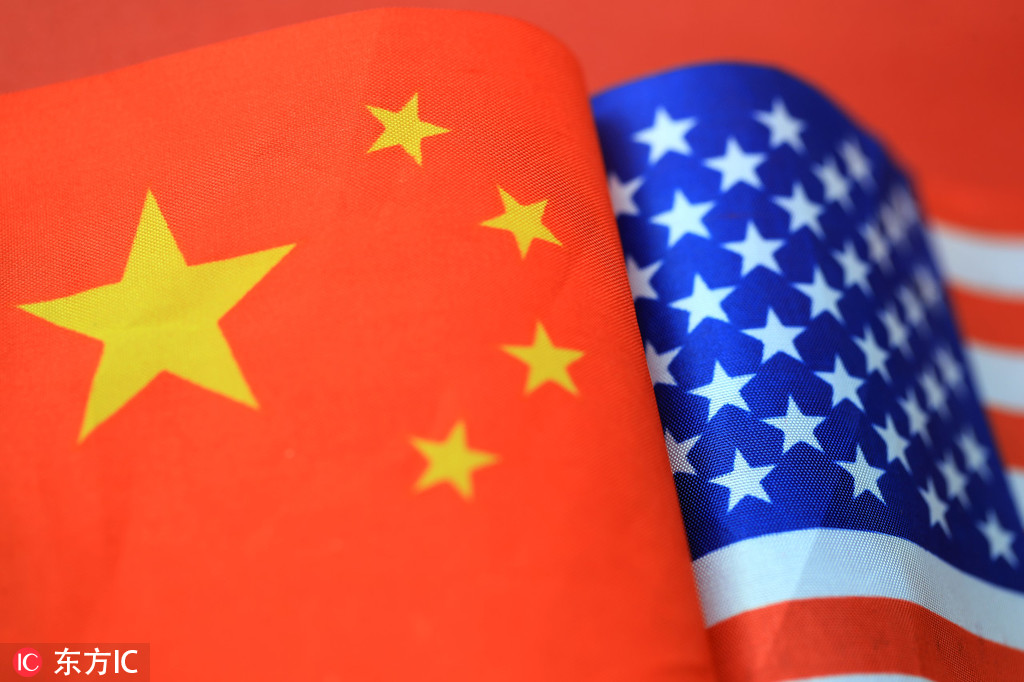China has the right to pursue its goal of high tech progress: China Daily editorial
chinadaily.com.cn | Updated: 2019-06-20 21:44

Robert Lighthizer, trade representative of the United States, was right when he told the House of Representatives Ways and Means Committee on Wednesday that he thinks "it's in the interests of both China and the United States to have some kind of successful agreement".
And it is always good for the world's largest and second-largest economies to resolve their differences and reach an agreement through talks.
However, such talks need to be held on an equal footing. It is improper and unreasonable for the US to assume that China's development of high technology would never have got anywhere unless it stole technologies from the US.
It might be because of its long-standing role as the world's sole superpower that some US politicians feel uncomfortable when other countries try to catch up with the US in science and technology.
US former secretary of state Condoleezza Rice told CNBC on Wednesday that China made a risky choice by revealing its ambition to surpass the US in quantum computing and artificial intelligence. She said that she told her Chinese friends that it was a big mistake because the US and other nations were always nervous about China possibly spying.
Which means they take it for granted that China would not be able to do so without stealing technologies from the US.
Thus the view of US politicians is that the US must maintain its absolute dominance in science and technology, and no countries are allowed to challenge it.
Yet after four decades of rapid economic development and accumulation of science and technology resources, it is natural for China to have the ambition to make breakthroughs in science and technology. It would be abnormal for such a populous country as China to always remain at the low end of the world industrial chain even after four decades of rapid economic growth.
It is its economic development that entails it becoming an innovation economy.
China has learned a great deal from its Western counterparts including the US over the past four decades. There may have been ways technologies were transferred to China that the US feels aggrieved about. But it is absolutely unfair to brand such transfers as stealing or forced, turning a blind eye to how much US transnational corporations have benefitted from such transfers.
It is high time that some US politicians gave up their mentality of hegemony and looked at the development of other countries through the prism of globalization.
























